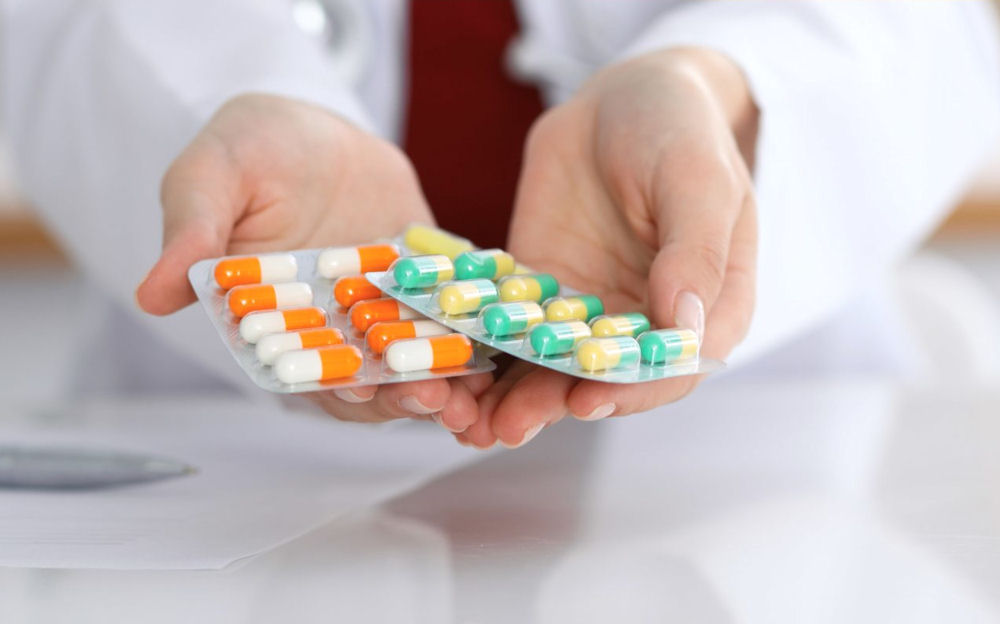MAT Programs In Florida
Medication-assisted treatment (MAT) is a method of treating substance use disorders that involves a combination of medications and talk therapy. Our MAT programs in Florida are suited to help those in need of additional assistance with the recovery process. For many who need detox, MAT provides an option that gives them the edge they need to stay sober.
How Medication-Assisted Treatment Works
MAT is provided primarily as a treatment for those with an addiction to alcohol or opioids. Medication-assisted treatment helps with addiction to opioids such as heroin, synthetic opioids, and prescription painkillers, such as Oxycontin and Vicodin. Medications used in MAT provide different benefits, depending on which one is used. They can help to normalize a person’s brain chemistry and relieve typical withdrawal symptoms and cravings for drugs that many people starting recovery from addiction experience. They also can block the euphoric effect that people seek when they abuse opioids or alcohol. MAT takes away the positive result achieved when using the drug or drinking.
While many people attempt and are successful at maintaining recovery from opioid and alcohol addiction without using MAT, for others, it becomes the best option. These individuals find that the powerful combination of therapy and the benefits that MAT offers allows them to focus on their recovery and stay sober. Whether or not MAT is right for a person will be determined by the treatment provider based on their individual needs, tolerance, and history with addiction.
It’s important that MAT is done under the supervision of a trained professional. A clinician supervising MAT can monitor the person for any adverse reactions to the medications. This includes any signs of potential abuse, and make needed changes.
Effectiveness of MAT Programs in Florida
The National Institute on Drug Abuse studied the effectiveness of MAT and reports the following:
- People taking methadone as part of MAT were 4.44 times more likely to remain in treatment and had 33% fewer positive results when tested for opioids.
- Those taking buprenorphine at an amount of 16 mg daily or higher proved to be 1.82 times more likely to remain in treatment and produced 14.2% fewer positive results when tested for opioids.
- People taking extended-release injectable naltrexone were tested against a group taking placebos. The naltrexone group had 90% abstinent weeks compared to only 35% with the other group. They also experienced a higher retention rate in treatment at 58% versus 42%.


Types of MAT Medications
Used to treat addiction to alcohol by changing the way the brain operates. It reduces cravings to drink but does not prevent withdrawal symptoms. Acamprosate should be used by someone who has already gone through the detoxification process and is not still consuming alcohol.
Used to treat addiction to alcohol in order to provide ill effects when a person consumes alcoholic drinks. When they drink even a small amount of alcohol, disulfiram causes side effects such as nausea, vomiting, headache, sweating, blurred vision, and weakness. The symptoms start within minutes after beginning to consume the alcohol and last for an hour or more.
Used to treat both alcohol and opioid addiction. With alcohol addiction, the person must have completed the detoxification process and does not still consume alcohol. Naltrexone blocks the pleasant effects and feelings alcohol provides, which makes a person less inclined to drink and reduces their cravings. For those who have an opioid addiction, the medication blocks the feelings of euphoria and sedation that these drugs provide, which takes away the payoff they have for using them and reduces their cravings.
Used to treat opioid addiction. Someone using this medication should not have used any opioids for the previous 12-24 hours and be in the early stages of withdrawal. It produces low-level amounts of euphoria and respiratory depression that mimic the effects of using opioids. It helps reduce withdrawal symptoms and cravings.
The Role of Therapy in MAT
- Providing a deeper understanding of a person’s life history
- Examining what may have caused a person to begin to abuse alcohol or drugs
- Determining ways to resolve issues that kept a person active in their addiction
- Learning healthy new coping skills to replace the damaging ones used in the past
- Providing a neutral person to speak to who won’t judge the person for their past actions or addictive behaviors
- Learning how to communicate more effectively with family and friends
- Understanding the concept of boundaries and how to enforce your own while respecting those that others have in place
- Putting together a plan to keep the person in recovery long after treatment has ended



